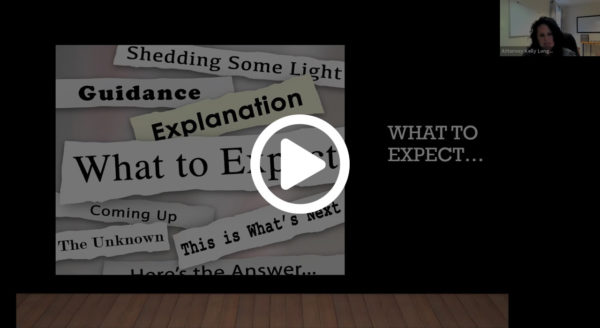A poorly-constructed estate plan can in some cases be worse than having no plan at all. For example, let’s assume someone wants to make sure that when they pass away, their assets are inherited by their children. Now let’s assume that this person was to mistakenly believe that this would happen as long as they make their spouse the primary beneficiary of their accounts and assets, and list their children as the contingent or subsequent beneficiaries if the spouse passes away. Most people would assume, understandably, that their assets would first go to their spouse, and then to their children once their spouse passes away.
But will this actually happen? Maybe … or maybe NOT. The truth is that when someone leaves all of their estate to their spouse before passing away, their spouse can do anything they want with those assets—including taking it all and leaving the children with nothing. This can be avoided with the implementation of a proper estate plan that addresses these concerns and makes sure that no one is accidentally disinherited.
Poorly-constructed estate plans commonly lead to overpayment of taxes (with money that would have been better spent by the surviving family members) and expensive, needless court processes and legal battles (again, money better spent by the surviving family members).
An experienced estate planning attorney can help people understand how various potential situations and contingencies could impact their estate plan and lead to unintended consequences that contradict the desired estate planning outcomes.

